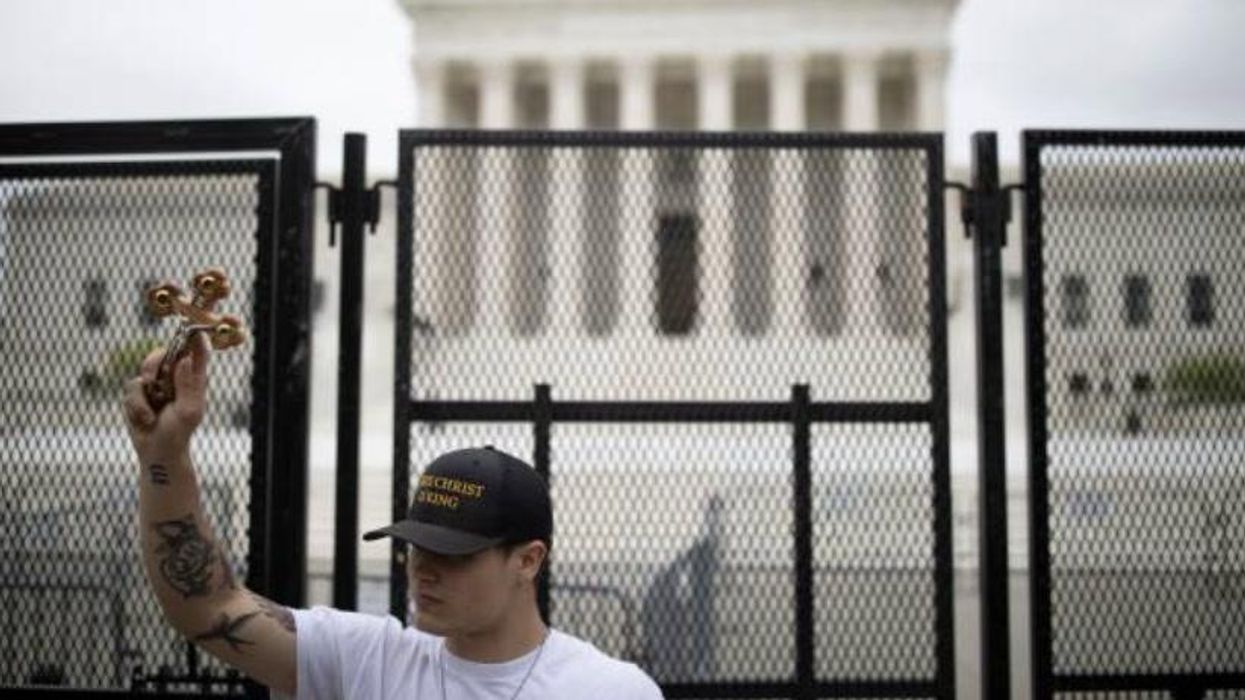Ariana Baio
Jun 24, 2022
US Supreme Court Overturns 'Roe v. Wade'
Video
In a 6-3 decision, the Supreme Court decided to overturn Roe v. Wade (1973) today and declare abortions no longer constitutionally protected.
The case, Dobbs v. Jackson, was decided by the nine Justices in a highly anticipated revelation. A draft of the expected opinion was leaked back in May sparking outrage among people who believe in a pregnant person's choice.
Today, as the decision came to fruition people continued to express their feelings while wondering how the Court came to the decision.
Here's what you need to know about the Justices who chose to vote in favor of the decision.
Sign up for our free Indy100 weekly newsletter
Chief Justice John Roberts
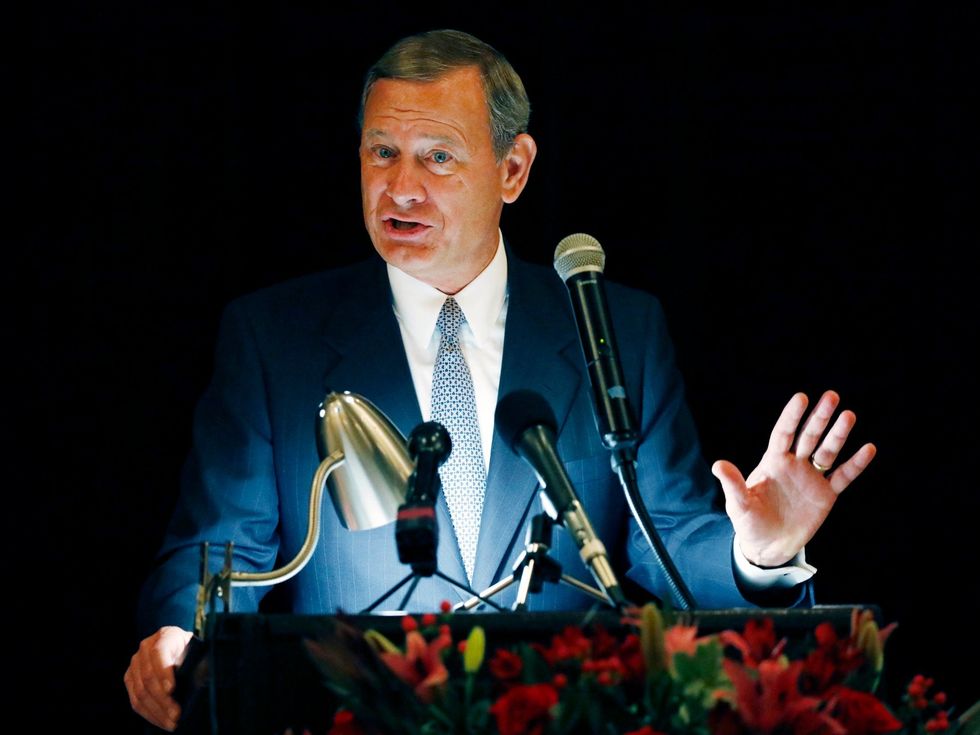
Appointed by George W. Bush in 2005, Roberts serves as the current Chief Justice.
Roberts, 67, is part of the conservative bloc of justices on the Court but can waiver in his decision making.
Regarding overturning Roe v. Wade, Roberts indicated he would have preferred to decide on abortion ban after 15 weeks rather than at conception.
In one of the Court's concurring opinion, he wrote "The Court’s decision to overrule Roe and Casey is a serious jolt to the legal system" and added that "A narrower decision rejecting the misguided viability line would be markedly less unsettling".
Justice Clarence Thomas
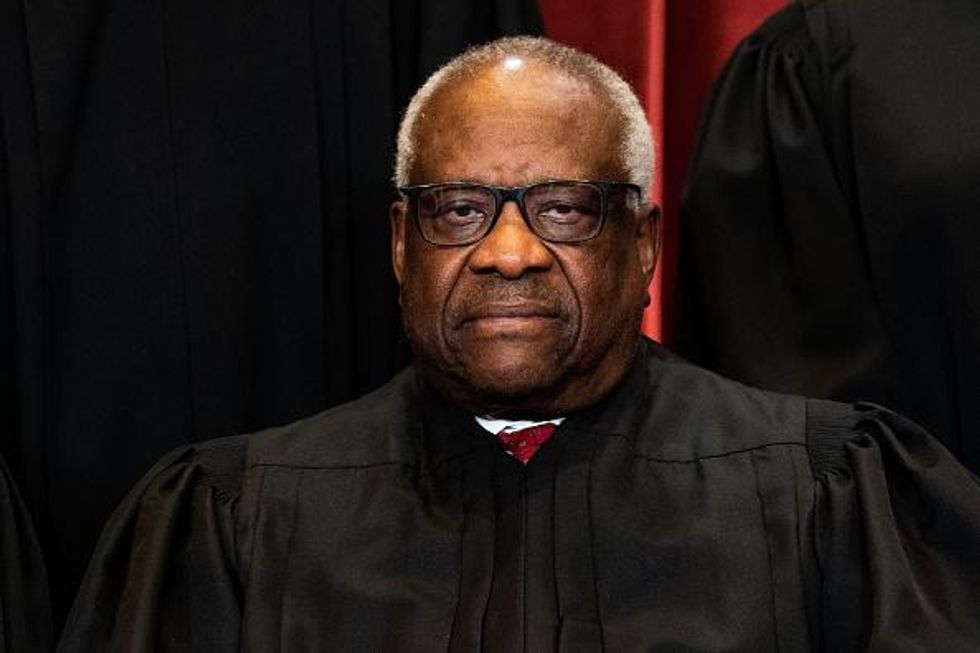
Thomas, 74, was appointed by George H. W Bush in 1991 and is one of the most conservative Justices on the Court and believes in interrupting the law as the frame makers of the Constitution had.
Thomas wrote a concurring opinion for Dobbs v. Jackson in which he mentioned the Court "should reconsider" cases such as Griswold v. Connecticut (1965), Lawrence v. Texas (2003), and Obergefell v. Hodges (2015) noting the Court had "a duty to 'correct the error'".
Griswold v. Texas gave married people the right to contraceptive.
Lawrence v. Texas declared criminal punishment for sodomy unconstitutional.
Obergefell v. Hodges gave same-sex couples the right to marriage in the US.
Thomas' concurring opinion received backlash from people who fear the Court could overturn other landmark cases that extended the rights of people.
"This is an extreme and dangerous path the court is now taking us on," President Joe Biden said in response to Thomas' concurring opinion.
Justice Samuel Alito

Justice Alito was appointed by George W. Bush in 2005 and serves as one of the core conservative members of the Court.
Alito, 72, wrote the majority opinion for the decision calling Roe v. Wade "egregiously wrong from the start."
"The Constitution makes no reference to abortion, and no such right is implicitly protected by any constitutional provision," Alito wrote in the majority opinion declaring the right to abortion belongs to the states.
Many criticized Alito's judgement as the Constitution also does not mention women at all.
However, Alito added to the majority opinion that "nothing in this opinion should be understood to cast doubt on precedents that do not concern abortion," such as Thomas' suggestion.
Justice Neil M. Gorsuch
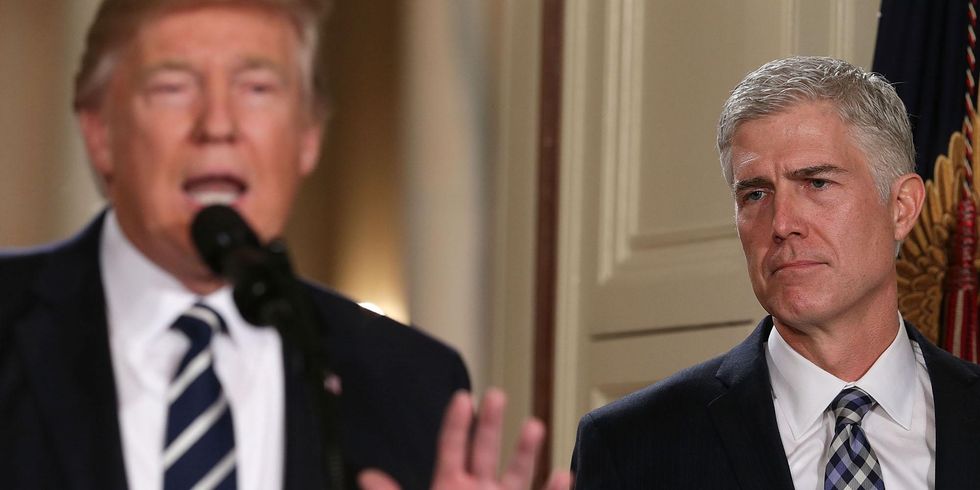
Gorsuch, 54, was appointed by Donald Trump in 2017 and is part of the conservative bloc.
During his Supreme Court nomination hearing, Gorsuch testified under oath that he believed Roe v. Wade was a settled legal precedent. .
“For a judge to start tipping his or her hand about whether they like or dislike this or that precedent would send the wrong signal. It would send the signal to the American people that the judge’s personal views have something to do with the judge’s job," Gorsuch said.
Senator Joe Manchin (D-WV) who was one of three Democrats to vote in favor of Gorsuch's confirmation said he was "deeply disappointed" in the decision and "alarmed" that Gorsuch and Kavanaugh went back on their word.
Justice Brett M. Kavanaugh

Appointed by Trump, Kavanaugh, 57, has served on the Court since 2018. Kavanaugh is part of the conservative bloc of the Court.
Kavanaugh's Supreme Court nomination hearing was notably tense as allegations of sexual assault caused a media frenzy surrounding Kavanaugh.
Similar to Gorsuch, Kavanaugh testified under oath during his Supreme Court confirmation hearing that Roe v. Wade was an "important precent" reaffirmed by Planned Parenthood v. Casey (1992).
Although Kavanaugh declined to comment directly if he thought Roe was "correct".
However, Senator Susan Collins (R-ME), who voted in favor of Kavanaugh, said she felt the Court's decision was "inconsistent with what Justices Gorsuch and Kavanaugh said in their testimony and their meetings with me,"
"Both were insistent on the importance of supporting long-standing precedents that the country has relied upon," Collins said.
Justice Amy Coney Barrett
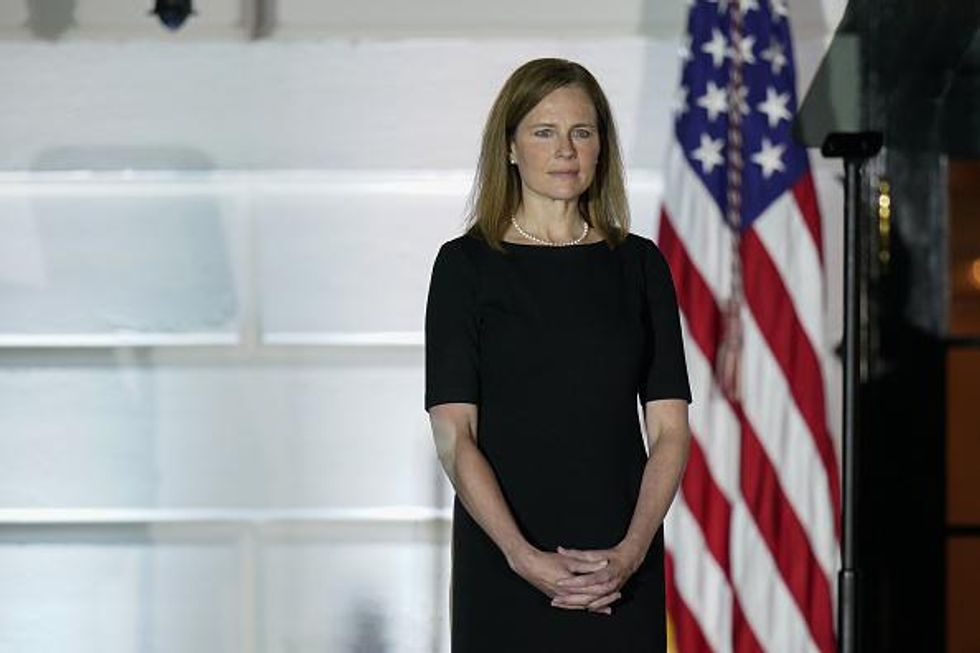
Coney Barrett, 50, was appointed by Trump in 2020 and serves as a conservative Justice.
Joining the other conservative Justices, Coney Barrett voted in favor of overturning Roe v. Wade. Although Coney Barrett had not shared her personal views of abortion publicly, she did say she would follow "stare decisis" or the concept of using a precedent to determine cases.
"I will follow the law of stare decisis, applying it as the court is articulating it, applying all the factors, reliance, workability, being undermined by later facts in law, just all the standard factors," Coney Barrett said. "I promise to do that for any issue that comes up, abortion or anything else. I’ll follow the law.”
Have your say in our news democracy. Click the upvote icon at the top of the page to help raise this article through the indy100 rankings.
Top 100
The Conversation (0)
